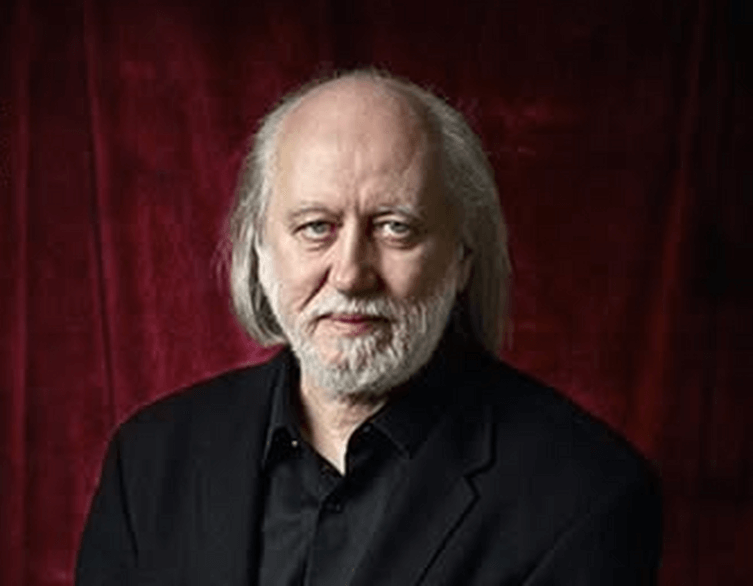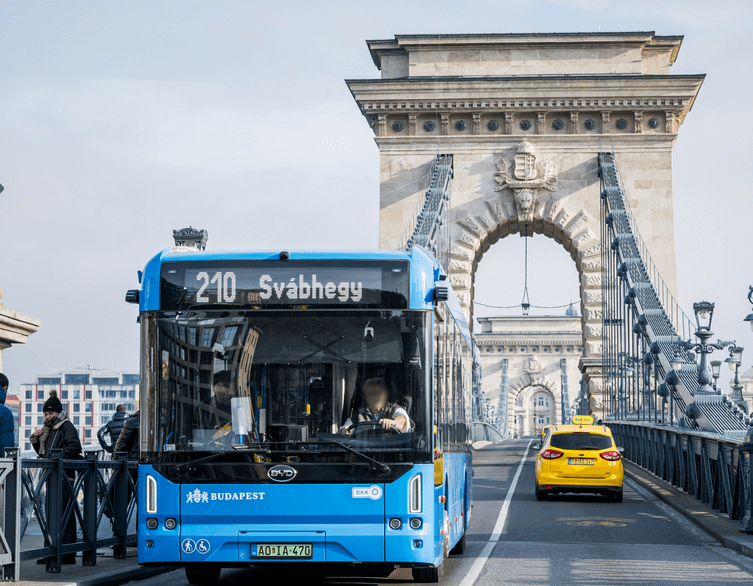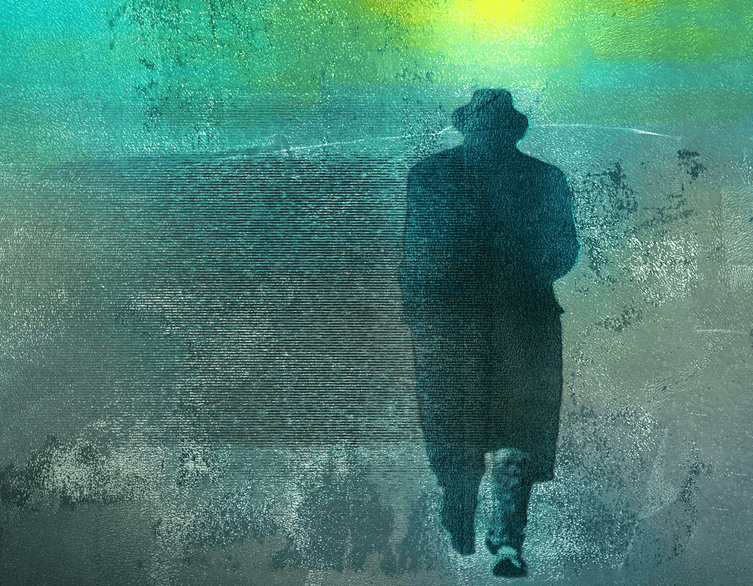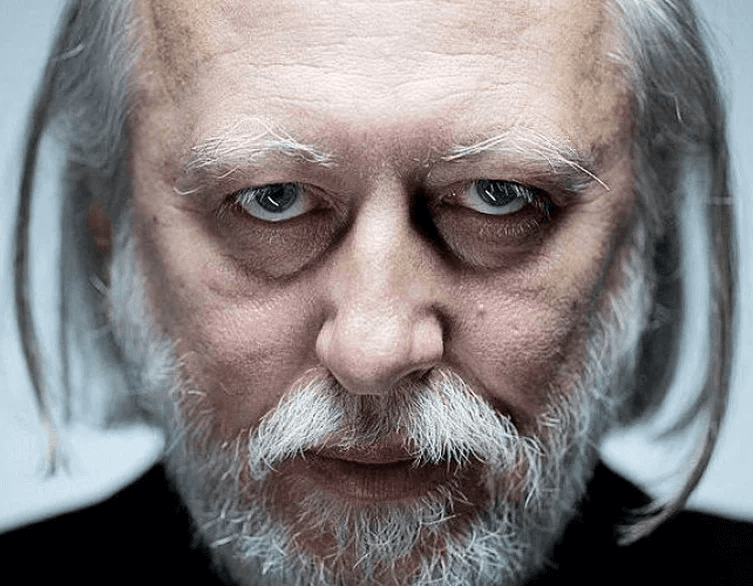Hungarian Writer László Krasznahorkai Wins the Nobel Prize in Literature

The Swedish Royal Academy of Sciences awarded the Nobel Prize in Literature to László Krasznahorkai, a Kossuth Prize-winning Hungarian writer, on Thursday. According to the official citation, Krasznahorkai received this recognition for his visionary works that demonstrate the power of art even amid apocalyptic terror.
This historic moment marks only the second time a Hungarian author has received this prestigious honor, following Imre Kertész in 2002, who was recognized for his literary work that gave voice to the fragile experience of the individual against the barbaric arbitrariness of history.
The Journey of a Literary Master
Born in Gyula in 1954, Krasznahorkai began his journey as an independent writer in 1982. His first work, Tebenned hittem (I Believed in You), appeared in the Budapest-based journal Mozgó Világ in 1977. After studying law in Szeged and completing his Hungarian and cultural education degree at ELTE’s Faculty of Arts in 1983, he embarked on a literary career that would eventually captivate readers worldwide.
Best deals of Budapest
What sets Krasznahorkai apart is not just his distinctive writing style, characterized by long, winding sentences that pull readers into melancholic and apocalyptic worlds, but his genuine global perspective. Since the collapse of the Eastern Bloc, he has lived across the world, from Mongolia and China to Japan, throughout Europe, and across the American continent. These experiences breathe life into his works, making him equally at home describing the mud of the Hungarian countryside as he is depicting a meticulously designed Japanese garden.
Recognition Beyond Borders
The international literary community has long celebrated Krasznahorkai’s genius. American writer and filmmaker Susan Sontag called him “the Hungarian master of the apocalypse, evoking Gogol and Melville,” while German author W.G. Sebald wrote that Krasznahorkai’s “vision’s universality is akin to that of Gogol, who wrote Dead Souls, and dispels all our doubts about contemporary literature.”
Throughout his career, Krasznahorkai has collected numerous prestigious awards. In 1993, he received Germany’s Book of the Year award for Az ellenállás melankóliája (The Melancholy of Resistance). His collection Seiobo járt odalent (Seiobo There Below) earned him the Brücke Berlin Prize in 2010. The international Booker Prize followed in 2015, and more recently, he received the Austrian State Prize in 2021 and the Libri Prize in 2022 for his narrative Herscht 07769.
Cinema and Collaboration
Krasznahorkai’s relationship with Kossuth Prize-winning filmmaker Béla Tarr has produced some of cinema’s most challenging and rewarding works. Tarr’s 1985 adaptation of Sátántangó (Satantango), Krasznahorkai’s breakthrough novel, became a cinematic landmark. Their collaboration continued with Werckmeister harmóniák (The Werckmeister Harmonies) and culminated in the 2011 film A torinói ló (The Turin Horse).
His most recent works include Zsömle odavan (The Roll Is Gone), published in early 2024, while his new book, A magyar nemzet biztonsága (The Security of the Hungarian Nation), is scheduled for release in November 2025 through Magvető publishing house.
Understanding His Impact for Visitors
For tourists exploring Budapest’s rich cultural landscape, Krasznahorkai’s Nobel Prize win adds another dimension to understanding Hungary’s contemporary cultural contributions. While his works delve into universal themes of existence, decay, and beauty, they’re deeply rooted in the Hungarian experience and landscape. His writing captures something essential about Central European melancholy and resilience that visitors might recognize in Budapest’s own character—the way the city balances its historical weight with contemporary vibrancy.
The recognition also highlights Budapest’s position as a literary capital. The city that inspired countless writers continues to produce voices that resonate globally. When you walk through Budapest’s streets, visit its cafés, or explore its neighborhoods, you’re moving through landscapes that have shaped and been shaped by writers like Krasznahorkai, who transform local experiences into universal truths.
The Nobel Legacy Continues
This year’s Nobel announcements began Monday with the medicine prize awarded to Mary E. Brunkow, Fred Ramsdell, and Shimon Sakaguchi for their research on peripheral immune tolerance. The physics prize followed on Tuesday, going to Michel H. Devoret and John M. Martinis for discovering macroscopic quantum mechanical tunneling and energy quantization in electrical circuits. Wednesday brought the chemistry prize to Susumu Kitagawa, Richard Robson, and Omar M. Yaghi for developing a new framework of metal-organic compounds.
The remaining announcements will unfold over the coming days. Friday brings the Nobel Peace Prize announcement, with speculation surrounding various candidates including advocacy groups and political figures. The economics prize, established by Sweden’s central bank in 1968, will be announced earliest next Monday.
The awards ceremony traditionally takes place on December 10th, marking the anniversary of Alfred Nobel’s death in 1896. Each prize carries not only the prestige of the gold medal and diploma but also 11 million Swedish kronor, approximately 390 million Hungarian forints.
Related news















